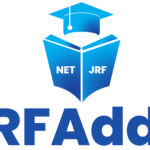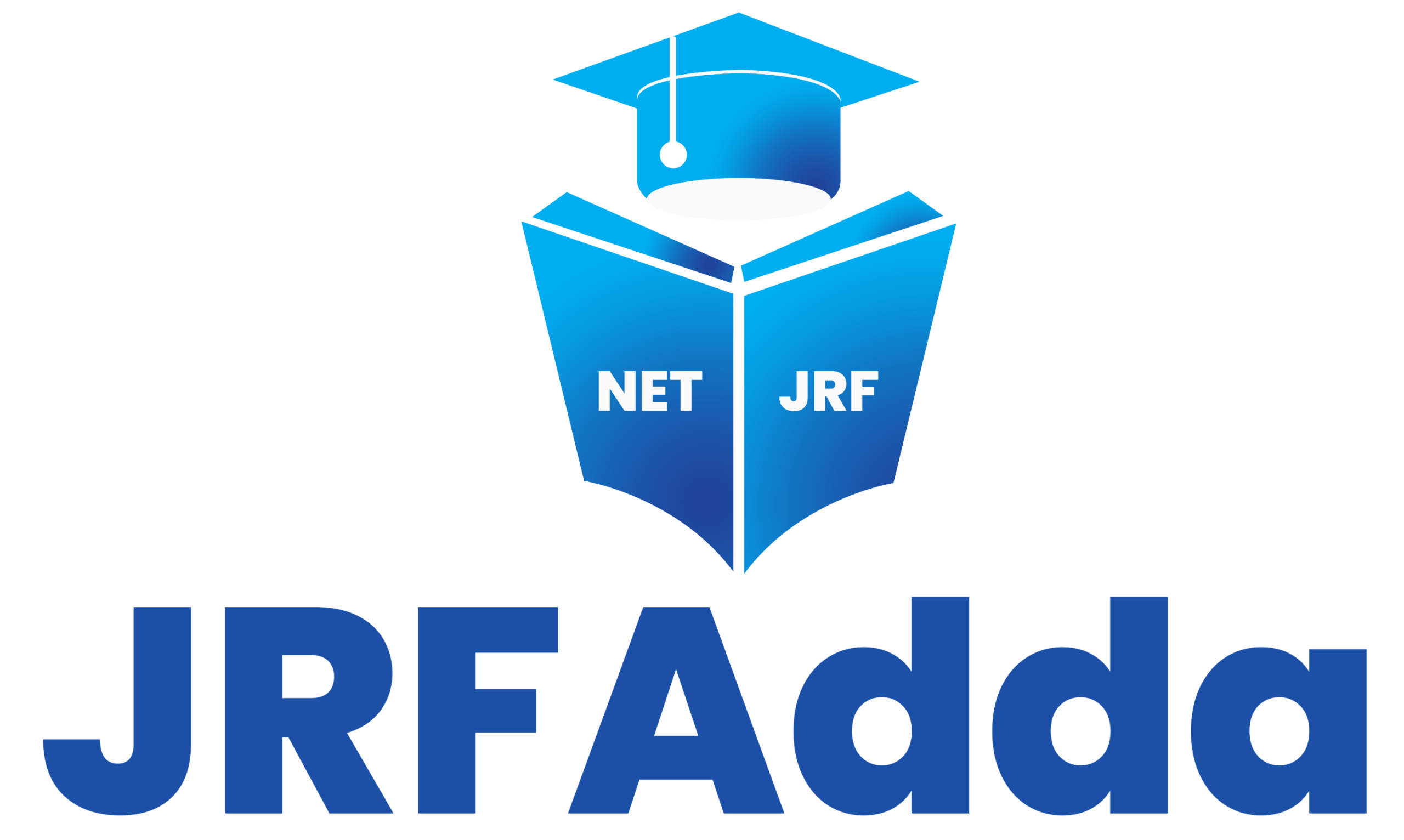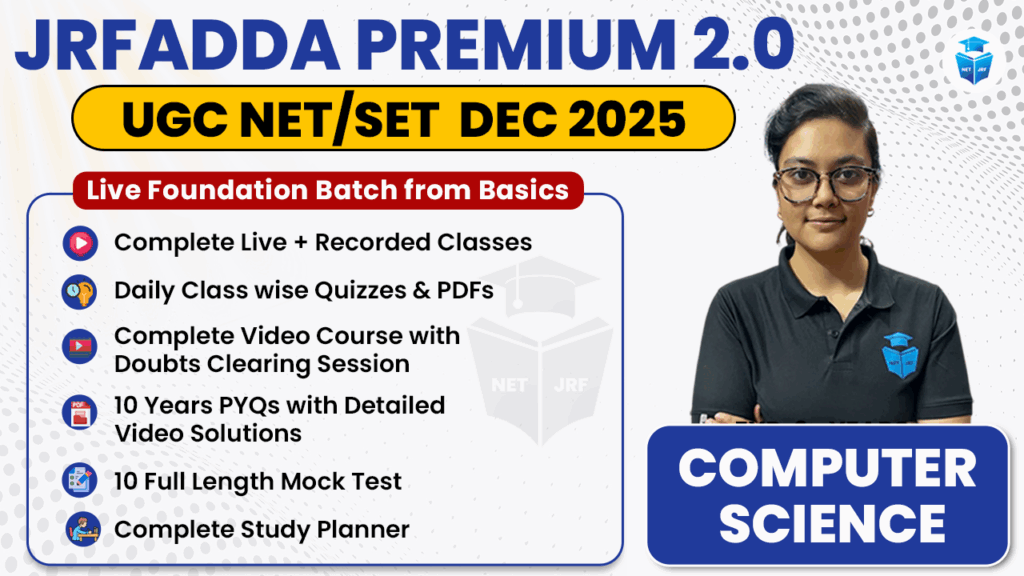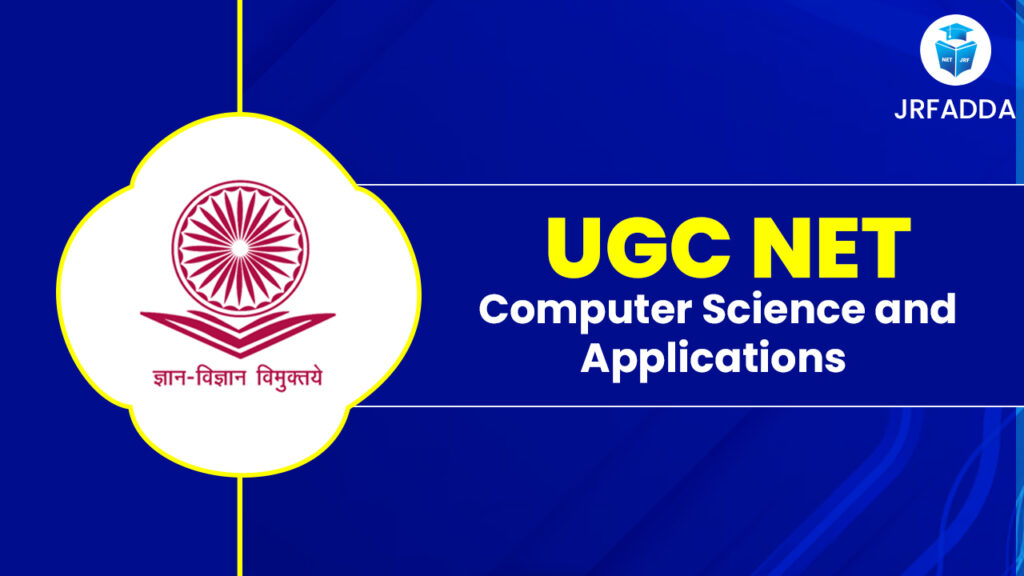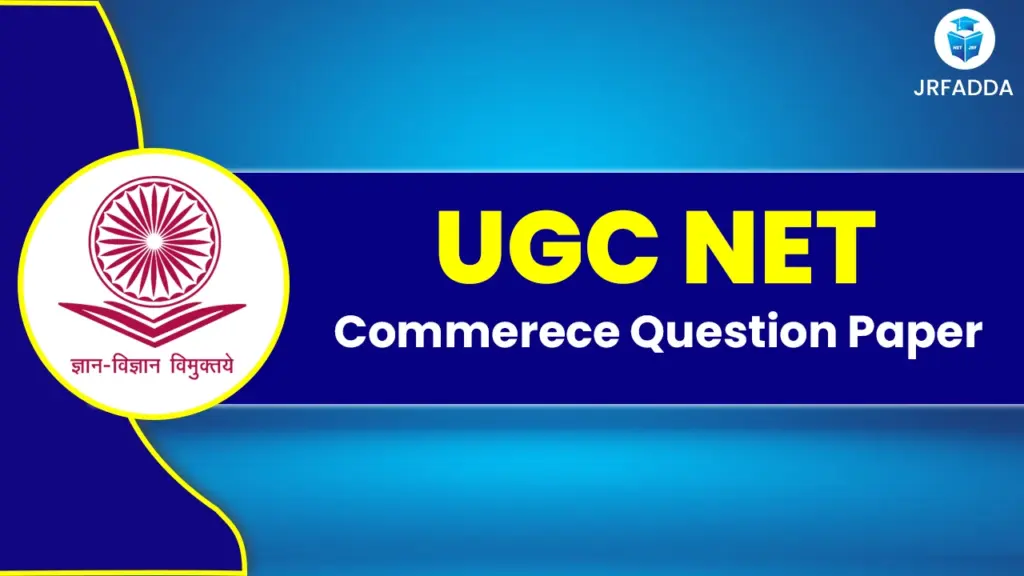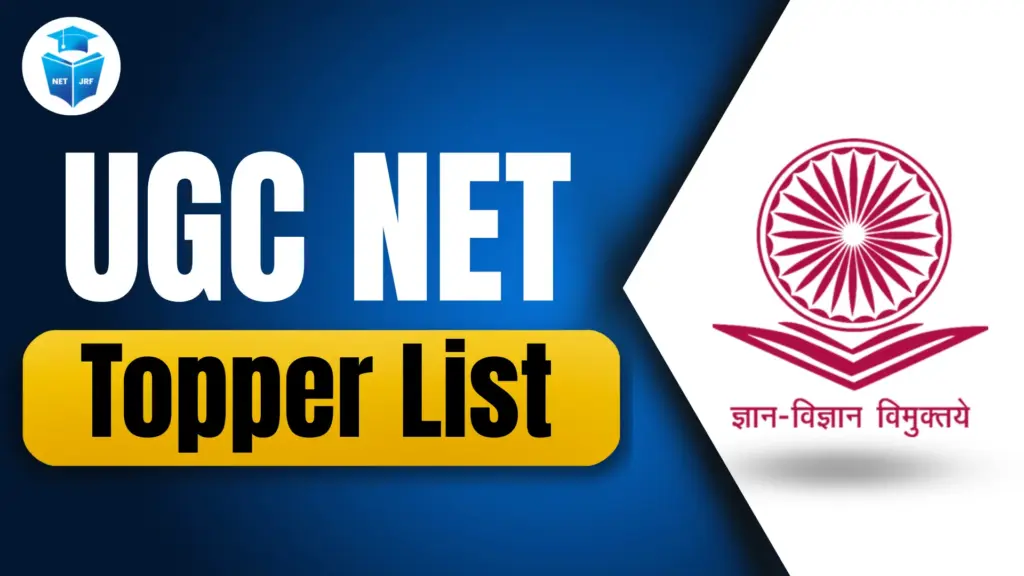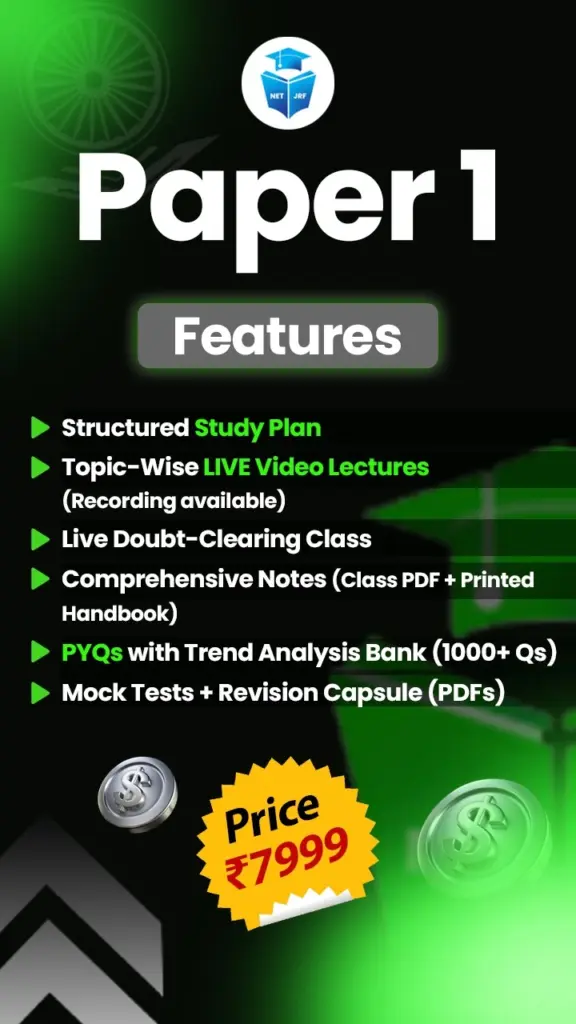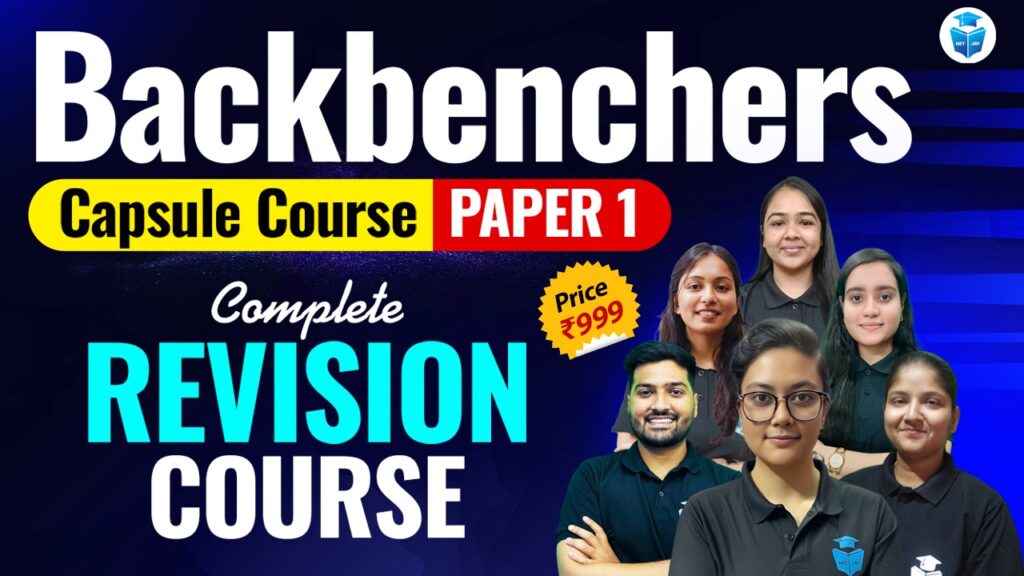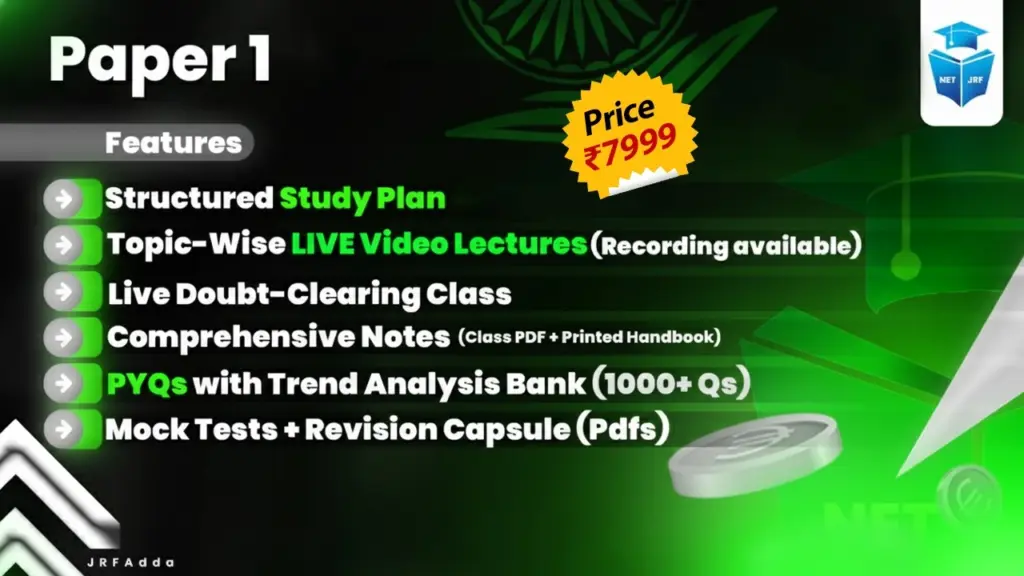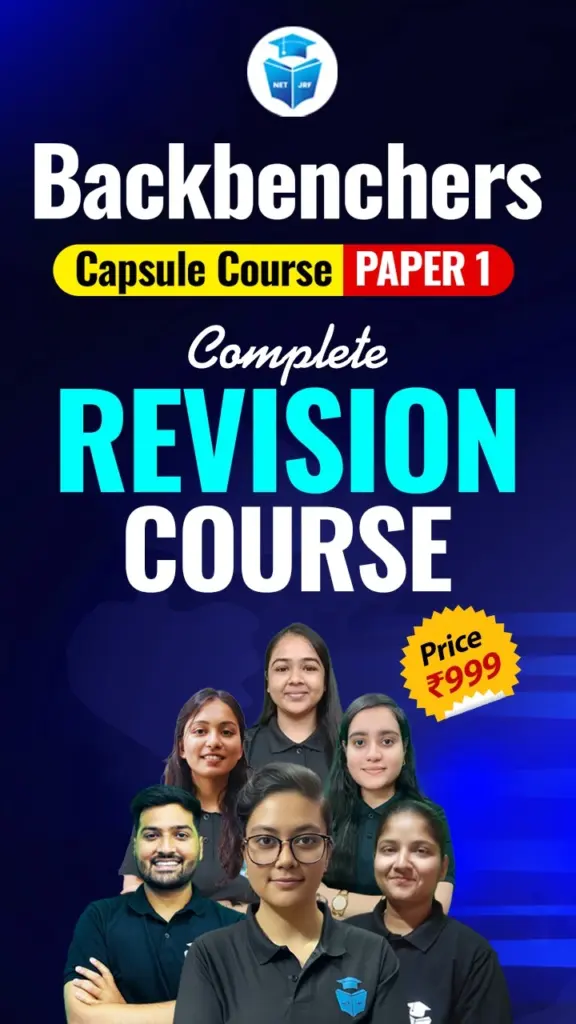UGC NET Law 2025 is a national-level eligibility test organized by the National Testing Agency (NTA) on behalf of the University Grants Commission (UGC) for the December cycle to assess candidates’ eligibility for the post of Assistant Professor or for securing the prestigious Junior Research Fellowship (JRF) in the Law discipline. The UGC NET Law December 2025 examination was successfully held on 31 December 2025 in the first shift. The exam consists of two papers and is conducted in online mode.
Also Read: UGC NET Exam Date 2025
UGC NET Law 2025 Exam Analysis
UGC NET Law 2025 Exam Analysis (December Cycle, 31 December 2025 Shift 1) by NTA was moderate to difficult overall, testing deep conceptual clarity and recent legal updates.
Paper 1 (General Aptitude) ranged easy-moderate with 40-45 good attempts across Teaching Aptitude, Reasoning, and Data Interpretation.
Paper 2 (Law) focused heavily on Constitutional Law, Jurisprudence, Family Law, International Law, and case laws—aim for 65-70 good attempts to clear cut-offs for JRF/Assistant Professor eligibility.
Overall UGC NET Law 2025 student feedback (Dec Cycle, 31 Dec Shift 1): Moderate-difficult paper balancing concepts & current cases. Paper 1 easy-moderate (40-45 good attempts); Paper 2 focused Jurisprudence/Constitution (65-70 good attempts).
UGC NET Law 2025 Overview
The UGC NET Law 2025 exam is conducted by the National Testing Agency (NTA) to determine the eligibility of candidates for the role of assistant professor and Junior Research Fellowship (JRF) in the field of law. This exam is organized to check the candidates’ teaching and research aptitude along with their subject-specific legal knowledge. The UGC NET 2025 exam is conducted in a computer-based format and consists of two papers—Paper 1 (General Aptitude) and Paper 2 (Law). Below we have mentioned a detailed overview of the exam structure and important information:
| Exam | Details |
| Exam Name | UGC NET (National Eligibility Test) |
| Conducting Body | National Testing Agency (NTA) |
| Subject | Law |
| Subject Code | 58 |
| Mode of Exam | Computer-Based Test (CBT) |
| Papers | Paper 1 (General), Paper 2 (Subject-specific) |
| Total Questions | 150 (Paper 1 – 50, Paper 2 – 100) |
| Total Marks | 300 (Paper 1 – 100, Paper 2 – 200) |
| Duration | 3 hours (180 minutes) |
| Marking Scheme | +2 marks per correct answer, No negative marking |
| Medium of Paper | English and Hindi |
| Eligibility | Master’s degree in Law with min. 55% (50% for reserved categories) |
| Purpose | Eligibility for Assistant Professor and/or JRF |
| JRF Age Limit | 30 years (relaxable for reserved categories) |
| Assistant Professor | No upper age limit |
Also Read: UGC NET Selection Procedure 2026
What is UGC NET Law 2026?
UGC NET Law 2026 is a national-level examination conducted by the National Testing Agency (NTA) to assess the eligibility of candidates for the role of assistant professor and/or the Junior Research Fellowship (JRF) in the field of law. The exam tests candidates based on two papers:
- Paper 1—General aptitude (teaching & research aptitude, reasoning, comprehension, etc.)
- Paper 2—Subject-specific knowledge in law, including areas like constitutional law, jurisprudence, international law, criminal law, and human rights.
Candidates who qualify are eligible to apply for teaching positions at universities and colleges in India, and JRF qualifiers may also receive research funding for doctoral studies. The exam is held twice a year in a computer-based format.
Also Read: UGC NET Exam Date 2026
UGC NET Law Eligibility Criteria 2026
The UGC NET Law Eligibility Criteria 2026 are established by the National Testing Agency (NTA) in collaboration with the University Grants Commission (UGC) to determine the suitability of candidates for the roles of Assistant Professor and Junior Research Fellowship (JRF) in the field of Law. The key requirements that applicants must fulfil are outlined below:
UGC NET Law Educational Qualifications 2026
- Master’s Degree Requirement:
Candidates must possess an LL.M. (Master of Laws) or an equivalent postgraduate degree in Law from a recognized university or institution approved by the UGC. - Minimum Marks Required:
- General/Unreserved/EWS: At least 55% aggregate marks (without rounding off).
- OBC-NCL/SC/ST/PwD/Transgender: At least 50% aggregate marks.
- Final-Year Students:
Candidates who are currently in the final year of their LL.M. program are provisionally eligible to apply. However, they must complete the degree and secure the minimum required marks within two years from the date of the NET result declaration. - 4-Year UG Degree Holders:
Those holding a 4-year undergraduate degree with a minimum of 75% marks (or equivalent grade) are provisionally eligible for JRF and Ph.D. admission, but not for Assistant Professor eligibility until a Master’s degree is completed.
UGC NET Law Age Limit 2026
- Junior Research Fellowship (JRF): Maximum age: 30 years as of June 1, 2025.
- Assistant Professor: No age limit applies.
UGC NET Law Age Relaxation 2025
- Categories eligible for age relaxation (up to 5 years):
- OBC-NCL
- SC/ST
- Persons with Disabilities (PwD)
- Transgender candidates
- Women (irrespective of category)
→ Maximum age for JRF after relaxation: 35 years
Also Read: UGC NET Eligibility Criteria
UGC NET Law Exam Pattern 2025
The UGC NET Law Exam Pattern 2025 is designed to evaluate a candidate’s teaching and research aptitude along with in-depth knowledge of the legal domain. The exam consists of two papers—Paper I is general and common to all subjects, while Paper II is subject-specific to Law. Both papers are conducted in a single session without any break. All questions are multiple choice, and there is no negative marking for incorrect answers. Below is the detailed exam pattern:
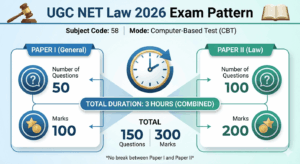
| Paper | Number of Questions | Marks | Duration | Content Focus |
| Paper I | 50 | 100 | 3 hours (combined) | Teaching & Research Aptitude, Reasoning, Comprehension, ICT, etc. |
| Paper II | 100 | 200 | 3 hours (combined) | Subject-specific questions from various branches of Law |
| Total | 150 | 300 | 3 hours | Comprehensive assessment across both papers |
Also Read: UGC NET Exam Pattern
UGC NET Law Marking Scheme 2025
The UGC NET Law Marking Scheme 2025 is standardized across all subjects and is designed to reward accuracy without penalizing incorrect answers. The exam consists entirely of multiple-choice questions (MCQs), and candidates are encouraged to attempt all questions since there is no negative marking. Below is the detailed marking scheme for the UGC NET Law 2025 exam:
| Aspect | Details |
| Type of Questions | Multiple Choice Questions (MCQs) |
| Total Questions | 150 (50 in Paper I, 100 in Paper II) |
| Marks per Question | 2 marks |
| Total Marks | 300 (100 in Paper I, 200 in Paper II) |
| Unattempted Questions | No marks awarded or deducted |
| Negative Marking | No negative marking for incorrect answers |
| Answering Mode | Computer-Based Test (CBT) |
Also Read: UGC NET Exam 2026
UGC NET Law Minimum Qualifying Marks 2025
The UGC NET Law Minimum Qualifying Marks 2025 are determined based on the aggregate score of both papers and differ by category. These thresholds are essential for qualifying for Assistant Professor eligibility and/or JRF.
| Category | Aggregate Percentage (Both Papers) | Approx. Total Marks (Out of 300) |
| General (Unreserved/EWS) | ≥ 40% | ≥ 120 |
| OBC-NCL / SC / ST / PwD / Trans | ≥ 35% | ≥ 105 |
Also Read: UGC NET Subject Weightage 2025
UGC NET Law Syllabus 2026
The UGC NET Law 2025 exam covers a comprehensive spectrum of legal domains to test your depth and breadth of knowledge. It includes two components—Paper I (Teaching & Research Aptitude) common to all candidates, and Paper II (Subject-specific Law) structured into 10 key units. Below is the unit-wise syllabus for Paper II, followed by a brief mention of Paper I topics.
Also Read: UGC NET Syllabus 2026
UGC NET Law Syllabus 2026 – Unit-wise Breakdown
| Unit | Topics |
| Unit 1: Jurisprudence | Sources of law, schools, morality, rights & duties, legal personality, liability, global justice, modernism/postmodernism |
| Unit 2: Constitutional & Administrative Law | Preamble, FR/FD/DP, executive & legislature structure, emergency provisions, judicial review, natural justice |
| Unit 3: Public International Law & IHL | Nature/sources, UN, WTO, extradition/asylum, refugees, international dispute resolution, humanitarian law |
| Unit 4: Law of Crimes | Actus reus, mens rea, inchoate crimes, exceptions, offences (state/body/property), terrorism, sentencing, victim compensation |
| Unit 5: Law of Torts & Consumer Protection | Fundamental tort principles, defenses, negligence, nuisance, defamation, strict liability, state liability, CPA provisions, MVA, Competition Act |
| Unit 6: Commercial Law | Contract formation, performance, breach, specific contracts, SGA, negotiable instruments, partnerships, company law fundamentals |
| Unit 7: Family Law | Marriage and dissolution, divorce, maintenance, guardianship, adoption, inheritance, wills, Uniform Civil Code |
| Unit 8: Environment & Human Rights Law | Environmental protection frameworks, assessment/waste management, NGT, human rights concepts, commissions and enforcement |
| Unit 9: IPR & IT Law | Copyright, patents, trademarks, GI, traditional knowledge, cyber law (e-signatures, digital records, cybercrimes) |
| Unit 10: Comparative Public Law & Governance Systems | Forms of government, federalism (India, US, Canada), rule of law, separation of powers, constitutional review, ombudsman, RTI systems |
Download UGC NET Full Official Syllabus PDF
UGC NET Law 2026 Syllabus PDF Download
Are you preparing for the UGC NET Law 2026 exam? Understanding the syllabus clearly is the starting point to successful preparation. To assist you in getting started, we present the detailed UGC NET law 2025 syllabus PDF.
| Language | Download PDF Link |
| UGC NET Law 2026 Syllabus in English | Download Link |
| UGC NET Law 2026 Syllabus in Hindi | Download Link |
UGC NET Law Question Paper 2025
Practicing with previous year question papers is one of the smartest strategies to enhance your preparation. To help you get familiar with the exam pattern, question trends, and difficulty level, we’re providing the UGC NET Law Question Paper 2025. Solving these papers will not only boost your confidence but also improve your time management and accuracy in the actual exam.
| Exam Name | Download Link |
| UGC NET Law (December session) | Download PDF (available soon) |
| UGC NET Law (June session) | Download PDF (available soon) |
UGC NET Law Previous Year Question Papers
Solving UGC NET Law Previous Year Question Papers is a crucial step in your exam preparation. These papers help you understand the actual exam format, difficulty level, and types of questions frequently asked. By regularly solving them, you can identify important topics, improve your speed and accuracy, and build confidence for the final exam.
| Exam Name | Year | Download PDF |
| UGC NET Law | 2024 | Download Link |
| UGC NET Law | 2023 | Download Link |
| UGC NET Law | 2022 | Download Link |
| UGC NET Law | 2021 | Download Link |
| UGC NET Law | 2020 | Download Link |
| UGC NET Law | 2018 | Download Link |
Career Scope After Qualifying UGC NET Law
Qualifying for the UGC NET Law 2025 opens up various career opportunities in both academic and research domains. Successful candidates become eligible for the roles of Assistant Professor in universities and colleges across India. Those who qualify for the Junior Research Fellowship (JRF) can pursue fully funded Ph.D. programs in law. Beyond academics, UGC NET Law 2025 qualifiers can also explore roles in legal research organizations, policy think tanks, publishing, judicial services preparation, or even legal consulting and advisory positions in the public and private sectors.
Also Read: Career Options After UGC NET
UGC NET Law Preparation Tips 2025
Preparing for UGC NET Law 2025 requires a structured, consistent, and smart study plan. With a vast syllabus and competitive nature, aspirants should focus on concept clarity, regular revision, and practice. Below are some effective preparation tips:
- Understand the Syllabus Thoroughly: Break down the syllabus unit-wise and focus on high-weightage topics like Constitutional Law, Jurisprudence, IPC, and Commercial Law.
- Create a Realistic Study Plan: Allocate dedicated hours daily for both Paper I (General Aptitude) and Paper II (Law). Prioritize topics based on your strengths and weaknesses.
- Refer to Standard Textbooks: Use recommended law books (e.g., MP Jain for Constitutional Law, KD Gaur for IPC) along with UGC NET Law guides and updated legal notes.
- Practice Previous Year Papers & Mock Tests: Solve at least 5–10 years of previous question papers. Attempt weekly full-length mock tests to build speed, accuracy, and confidence.
- Focus on Case Laws & Legal Updates: Stay updated with recent Supreme Court judgments, legal amendments, and current legal developments relevant to the syllabus.
- Revise Regularly: Set aside weekly slots for revision. Create concise notes for each unit and revise them repeatedly.
Also Read: UGC NET Preparation Tips
Conclusion
UGC NET Law 2025 is a gateway for law graduates aiming for academic or research careers. With structured preparation and a deep understanding of legal principles, aspirants can achieve success in both Paper I and Paper II. Whether you’re eyeing a JRF or an assistant professor role, the exam opens promising professional doors.
UGC NET Law 2025 FAQs
What are the eligibility criteria for UGC NET Law 2025?
Candidates must have a Master’s degree in Law (LL.M. or equivalent) with at least 55% marks (50% for SC/ST/OBC-NCL/PwD/Third Gender). Final-year postgraduates can also apply provisionally.
Is there an age limit for applying to UGC NET Law 2025?
Yes. For Junior Research Fellowship (JRF), the age limit is 30 years (relaxation of up to 5 years for reserved categories and certain other groups). There is no upper age limit for eligibility as an Assistant Professor.
How many papers are there in the UGC NET Law 2025 examination?
There are two papers: Paper I: General Aptitude (Teaching and Research Aptitude – common to all subjects) and Paper II: Subject-specific (Law).
What is the marking pattern for the UGC NET Law 2025 exam?
Each correct answer awards +2 marks, with no negative marking for incorrect responses. Paper I: 50 questions (100 marks) and Paper II: 100 questions (200 marks).
Where can I download the PDF syllabus for UGC NET Law?
The official syllabus for UGC NET Law 2025 PDF is available for download in English and Hindi from the NTA or UGC websites or above mentioned links.
